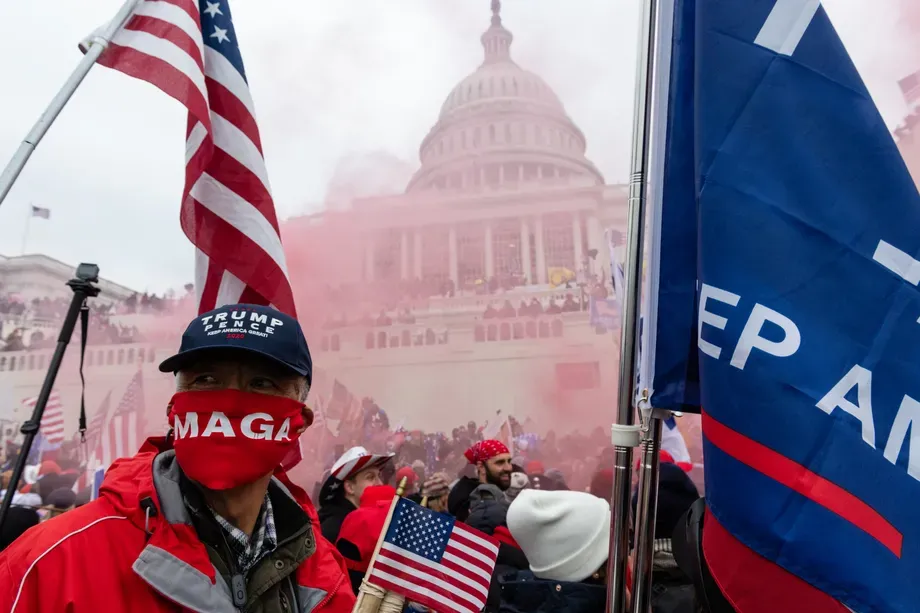
The New York Times headline proclaimed that “Democrats failed to get enough votes for an independent inquiry into the Jan. 6 riot.”
https://www.nytimes.com/live/2021/05/28/us/biden-news-today
NPR declared that “Senate Republicans Block A Plan For An Independent Commission On Jan. 6.”
But could a congressionally-authorized commission into the Jan 6th assault on the Capitol truly be “independent”? It would be bipartisan, but that’s not the same as independent. As Vox explains, “Democratic and Republican leadership would have been allowed to choose an equal number of commissioners — five apiece, 10 total — with the commission chair appointed by Pelosi and Senate Majority Leader Chuck Schumer and the vice chair appointed by Republican leadership.”
https://www.vox.com/2021/5/29/22459614/commission-bipartisan-january-6-democrats-select-committee
That’s not even close to “independent.” That’s five commissioners beholden to the Democrats and five beholden to the Republicans. Is there an alternative to approaching the events of Jan 6 as Democrats, as Republicans, or as Independents? As liberals or moderates or conservatives?
How should we think about the events of January 6th? Was it an insurrection? An attempted overthrow of the government? A protest that got out of hand? A murderous rampage of deluded Trump supporters? Were there coup plotters behind it? Did the attack on the Capitol have leaders? Was there a plan at all, and, if so, who formulated it, who knew about it, and who acted to carry it out?
Did law enforcement drop the ball on preventing the invasion of the Capitol building that day? Did Democratic or Republican officials of the executive and/or legislative branches act to prevent the Capitol Police, other law enforcement agencies, or the National Guard from intervening in a timely and effective manner?
Who could have stopped it? Trump? McConnell? Schumer? Pelosi? Bowser, the mayor of D.C.?
Several people died that day, but was anyone murdered? Is anyone culpable for the death of U.S. Capitol Police Officer Brian Sicknick? Should the officer who shot Ashli Babbitt be held accountable for her death?
Can anyone or any government agency be trusted to ferret out what happened that day, without bringing a skewed political bias to the investigation and its conclusions? There are important congressional elections coming up next year that could possibly shift the balance of power in Washington and the nation. Both the Democratic and the Republican parties have an existential interest in winning those elections, and the published reports of any commission or committee investigating Jan. 6 could play a significant role in determining the outcome of the 2022 general election.
The stakes are so high that it would be foolish to take Democratic or Republican politicians at their word when they argue for or against establishing commissions or committees to address the activities of Jan. 6. All members of Congress are interested parties.
We might have better luck at this time in looking to the future rather than looking back. Regardless of who did or didn’t do what on Jan. 6th to incite, encourage, hinder, or prevent the assault on the Capitol, now that one such assault has occurred, steps should be taken to ensure that nothing like that ever happens again. Establishing mandatory protocols for beefing up police protection of the nation’s Capitol under certain threatening circumstances might well find bipartisan support. Neither party wants to see the federal government physically assaulted or overthrown by force. That, at least, is something that Democrats and Republicans can agree on.
